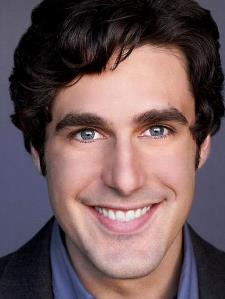
Max M. answered • 04/24/19
Harvard Literature major with 20 years of coaching writers
The literal answer to your question is: we don't know. We don't have any of the plays in Shakespeare's own hand, and that would be the only certain way to know exactly what he wrote (actually, even that wouldn't do it, because many of his plays are now believed to be collaborations, so we still wouldn't know who wrote exactly which line, but you get the idea).
That said, almost all of them are very basic indications of major action and aren't really controversial in any way. Exits and entrances, fights, dances, and deaths account for almost every stage direction you'll see, and those are just as much a part of the play as the lines. Not to belabor the point, but it's not like Shakespeare intended for Romeo to just stop talking near the end of Romeo and Juliet--Romeo dies (spoiler alert!).
Many editions do also include basic setting information, like "Act I, scene i, Theseus's palace in Athens." Shakespeare probably didn't write that, but neither did Ben Jonson when he published the First Folio in 1623. That's added by a modern editor to help paint the picture. Shakespeare may not have written it, and if you're very familiar with the play, you probably don't need it, but remember, Shakespeare didn't write to be read (not counting his poetry). He wrote to be performed, and he was often involved with the company that was putting on the play, so he could have just said, "ok, this next scene takes place in Hamlet's mother's bedroom. Let's do it." He didn't need to physically write it down. So you can make a case for an editor saying, "it's pretty obvious that this scene takes place in the Roman Senate, so let's make sure everyone knows that," as a good consolation prize for not having Will himself to tell you.






Max M.
By the way, you can also argue that Shakespeare wrote his stage directions into the dialogue. Plays weren't really rehearsed in the 16th century like they are now, so Shakespeare had to make it clear to the actors not just what to say, but also what to do even if they didn't have a lot of time to practice with each other. But if you're an actor and your line is "draw thy sword," and the other guy's next line is "O, I am slain!" you have a pretty good idea of what's supposed to happen in between. Interestingly, there was a pretty cool way that they could do swordfights safely with minimal rehearsal too...04/25/19